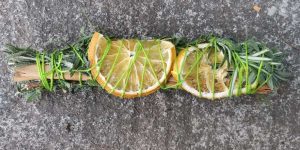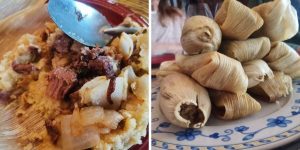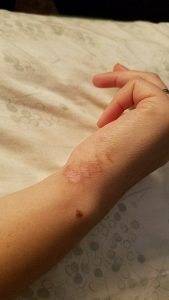 Parsnip burns? That’s right. Did you know you can get third-degree burns from a weed that’s commonly found in most gardens across America?
Parsnip burns? That’s right. Did you know you can get third-degree burns from a weed that’s commonly found in most gardens across America?
Last month, I was weeding my (admittedly very overgrown) garden. I wasn’t wearing gloves, but I wasn’t too concerned about anything except spiders.
I was outside for several hours after that, and by that evening, I noticed that the side of my wrist felt like I’d burned it. I dismissed it, thinking I must have brushed against a pot while cooking without realizing it. Later, it was still hurting, so I put some lavender and coconut oil on it.
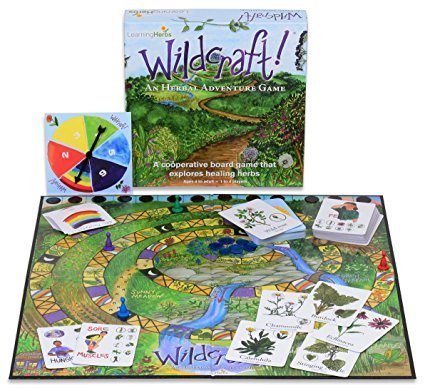 Get the Wildcraft!: An Herbal Adventure Game, a cooperative board game here on Amazon!
Get the Wildcraft!: An Herbal Adventure Game, a cooperative board game here on Amazon!
By the next day, I was in serious pain. My whole wrist was swollen and achy, and I had fat blisters on the side of my hand. I was baffled, and started researching brown recluse bites, but it didn’t look like that.
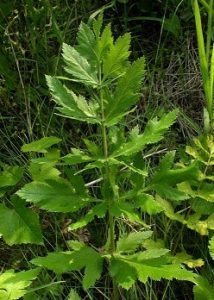 I kept treating it the way I normally would a burn, and the swelling and pain went down after a few days. The blisters remained for over a week, and my skin became discolored around them.
I kept treating it the way I normally would a burn, and the swelling and pain went down after a few days. The blisters remained for over a week, and my skin became discolored around them.
Finally, my master herbalist friend noticed my hand, and we started talking about it. She recognized it as a wild parsnip burn! I was shocked. Apparently the sap of a plant did this to me!
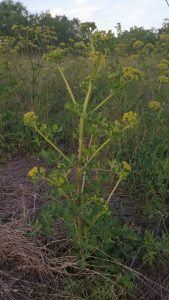 Wild parsnip’s sap contains a substance called psoralen, that reacts with sunlight. It can produce extreme burns on the skin that may even warrant a trip to the emergency room!
Wild parsnip’s sap contains a substance called psoralen, that reacts with sunlight. It can produce extreme burns on the skin that may even warrant a trip to the emergency room!
The sap eats away at the skin if it’s not washed off immediately. It’s common to see a reddening of the skin, rashes, and blisters, accompanied by scalding pain. The skin around the burn will turn dark brown or reddish like a scar, and may last for several months afterward. If the sap gets in your eyes, it can even cause blindness.
If you do find wild parsnip in your area, rip it up with gloves and long pants/sleeves on, in the evening to avoid sunlight. Then, wash those clothes in hot water with plenty of detergent!
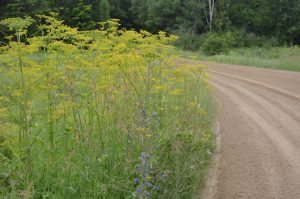
If you come in contact with it, get out of the sunlight and wash with soap immediately.
The first year’s growth is low to the ground and looks a bit like celery. The second and subsequent years, it looks like a yellow Queen Anne’s Lace, and usually gets up to 4 feet tall.
Make sure to watch out for this stuff, and help your kids to recognize it, too, no one wants parsnip burns!
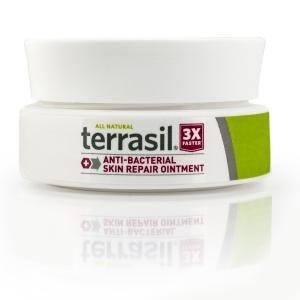 Get the skin repair ointment here on Amazon!
Get the skin repair ointment here on Amazon!

